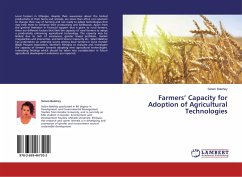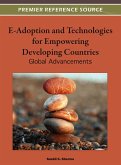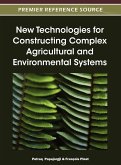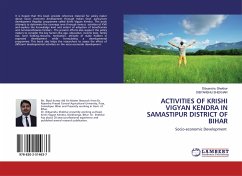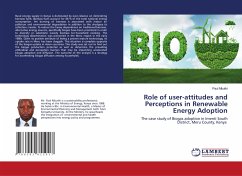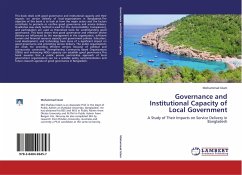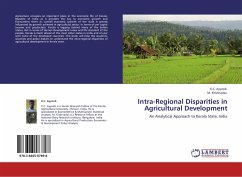Local farmers in Ethiopia, despite their awareness about the limited productivity of their farms and animals, are more than often not reluctant to change their way of farming and not ready to adopt technologies that may help them to enhance their productivity and livelihoods. Apart from the general limitation in financial support that is given to rural farmers, there are different factors that limit the capacity of rural farmers to adopt a productivity enhancing agricultural technology. The capacity may be limited due to lack of awareness, gender based problems, market irregularities and insecurities, and land tenure insecurity etc. Selam Balehey has undertaken an extensive survey among local farmers in Zuria Gonder Bilajik Peasant Association, Northern Ethiopia to evaluate and investigate the capacity of farmers towards adopting new agricultural technologies. Interesting findings which should be taken into consideration in future agricultural development endeavors are reported.

